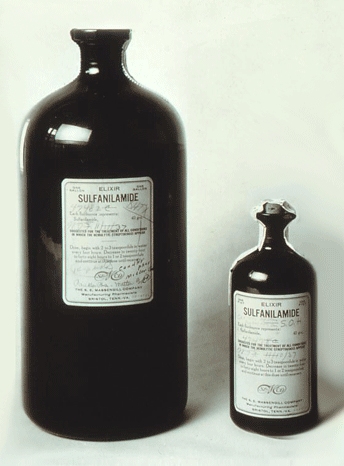This was originally published 8/23/2011. More should have changed by now. This is a sort of permanent redux. Today is my birthday, a good time to reflect. And one of the things I have found myself brooding over lately is my love of Baltimore. As fans of The Wire know, the city has more than its fair share of problems — drugs, violence, and HIV, to name a few. I moved to Baltimore in 2006. And I spent a healthy chunk of the nine months I lived there trying to understand why those problems exist. Specifically, I wanted to understand why Baltimore became a hotbed for heroin and how the city’s heroin addiction fueled the spread of HIV. I interviewed dozens of people and tried to make sense of what they told me. The end result was my graduate thesis.
Today is my birthday, a good time to reflect. And one of the things I have found myself brooding over lately is my love of Baltimore. As fans of The Wire know, the city has more than its fair share of problems — drugs, violence, and HIV, to name a few. I moved to Baltimore in 2006. And I spent a healthy chunk of the nine months I lived there trying to understand why those problems exist. Specifically, I wanted to understand why Baltimore became a hotbed for heroin and how the city’s heroin addiction fueled the spread of HIV. I interviewed dozens of people and tried to make sense of what they told me. The end result was my graduate thesis.
The following piece is a chapter from that document. I’ve changed the name of the main character to protect his privacy, and I’ve shortened it a bit to make it more blog-friendly (though it’s still a long read).
Readers of LWON, meet Leroy.
Leroy Wallace, standing in the lobby of the Baltimore’s Moore Clinic, is bird thin beneath his dark jeans and cream sweater. A gold cross, suspended from a fragile chain, hangs halfway down his chest. He introduces himself, shakes my hand, and we follow a nurse to a quiet room where we can talk. Leroy is eager and his false teeth, one of which is gold, clack rhythmically as he tells me the story of how he became a heroin addict. Continue reading





